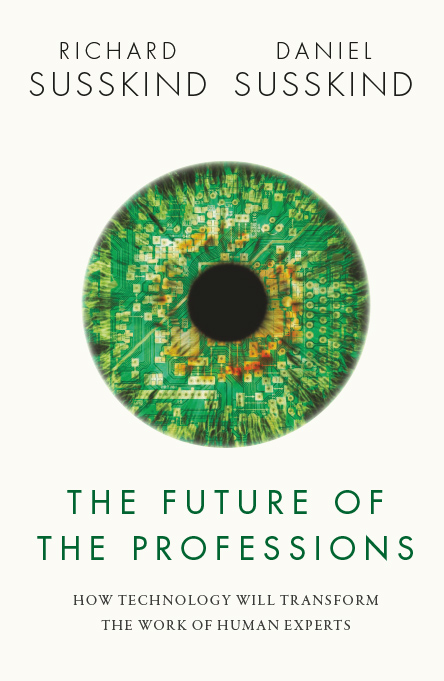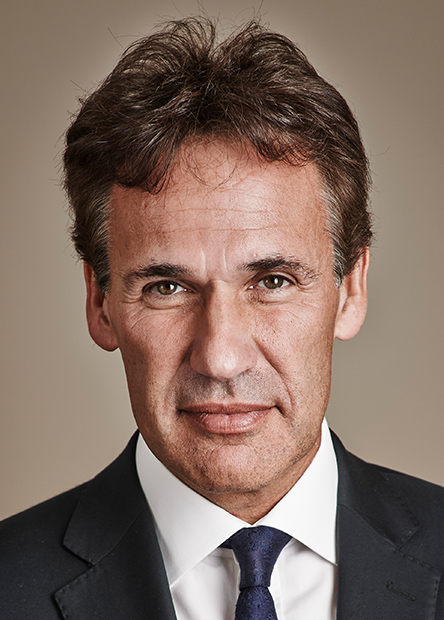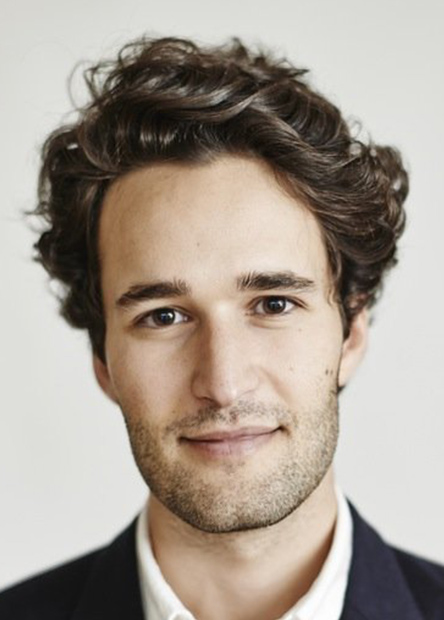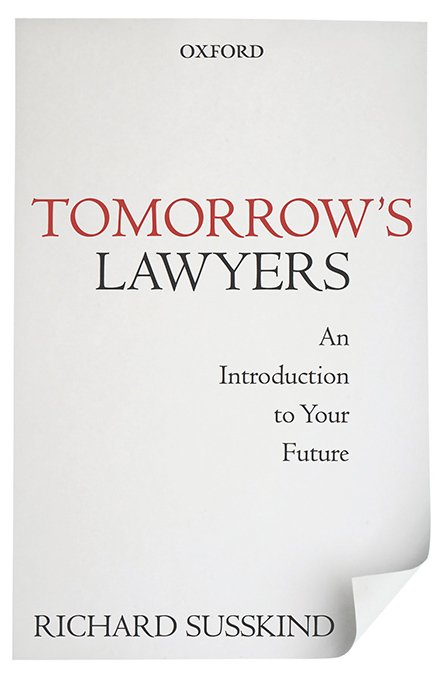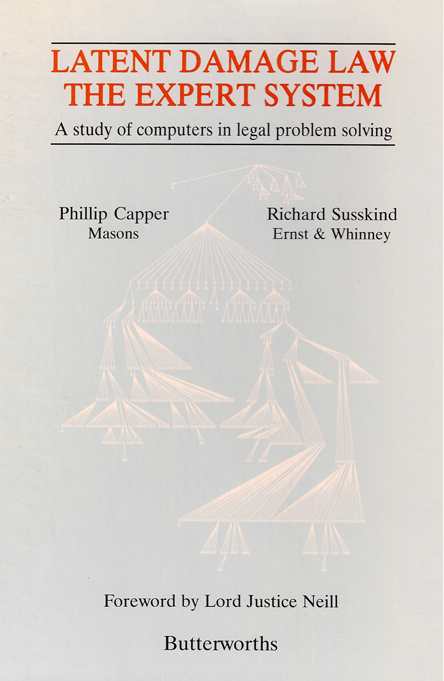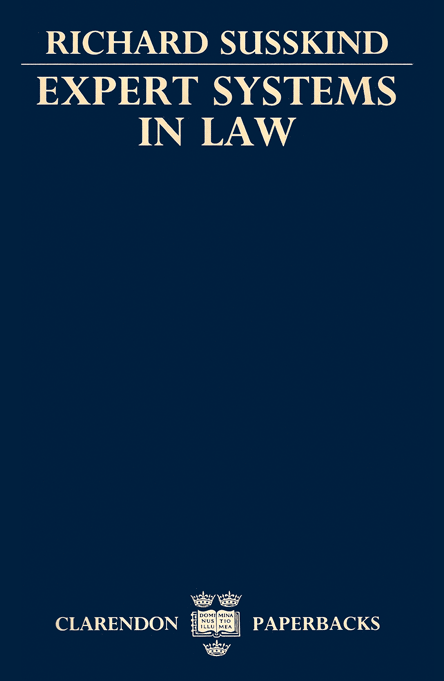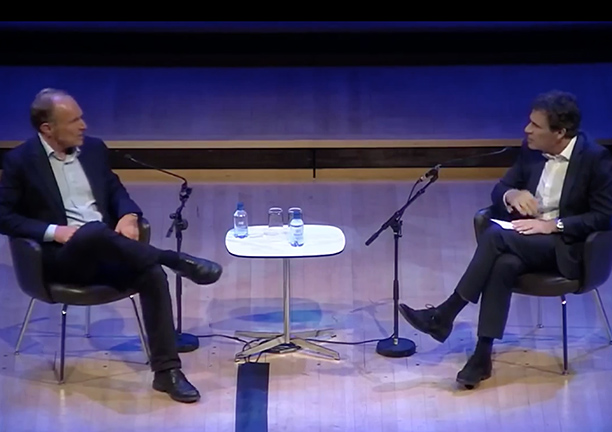Richard's Latest Book
The Future of the Professions
This book sets out two futures for the professions. Both rest on technology. One is reassuringly familiar. It is a more efficient version of what we have today. The other is transformational – a gradual replacement of professionals by increasingly capable systems.
Richard and Daniel Susskind predict the decline of today’s professions and discuss the people and systems that will replace them. In an Internet society, they argue we will neither need nor want doctors, teachers, accountants, architects, the clergy, consultants, lawyers, and many others, to work as they did in the 20th century.
The Future of the Professions explains how ‘increasingly capable systems’ - from telepresence to artificial intelligence - will bring fundamental change in the way that the 'practical expertise' of specialists is made available in society.
More about The Future of the ProfessionsThe authors challenge the 'grand bargain' - the arrangement that grants various monopolies to today's professionals. They argue that our current professions are antiquated, opaque and no longer affordable, and that the expertise of their best is enjoyed only by a few. In their place, they propose six new models for producing and distributing expertise in society.
The book raises important practical and moral questions. In an era when machines can out-perform human beings at most tasks, what are the prospects for employment, who should own and control online expertise, and what tasks should be reserved exclusively for people?
Based on the authors' in-depth research of more than ten professions, and illustrated by numerous examples from each, this is the first book to assess and question the relevance of the professions in the 21st century.
